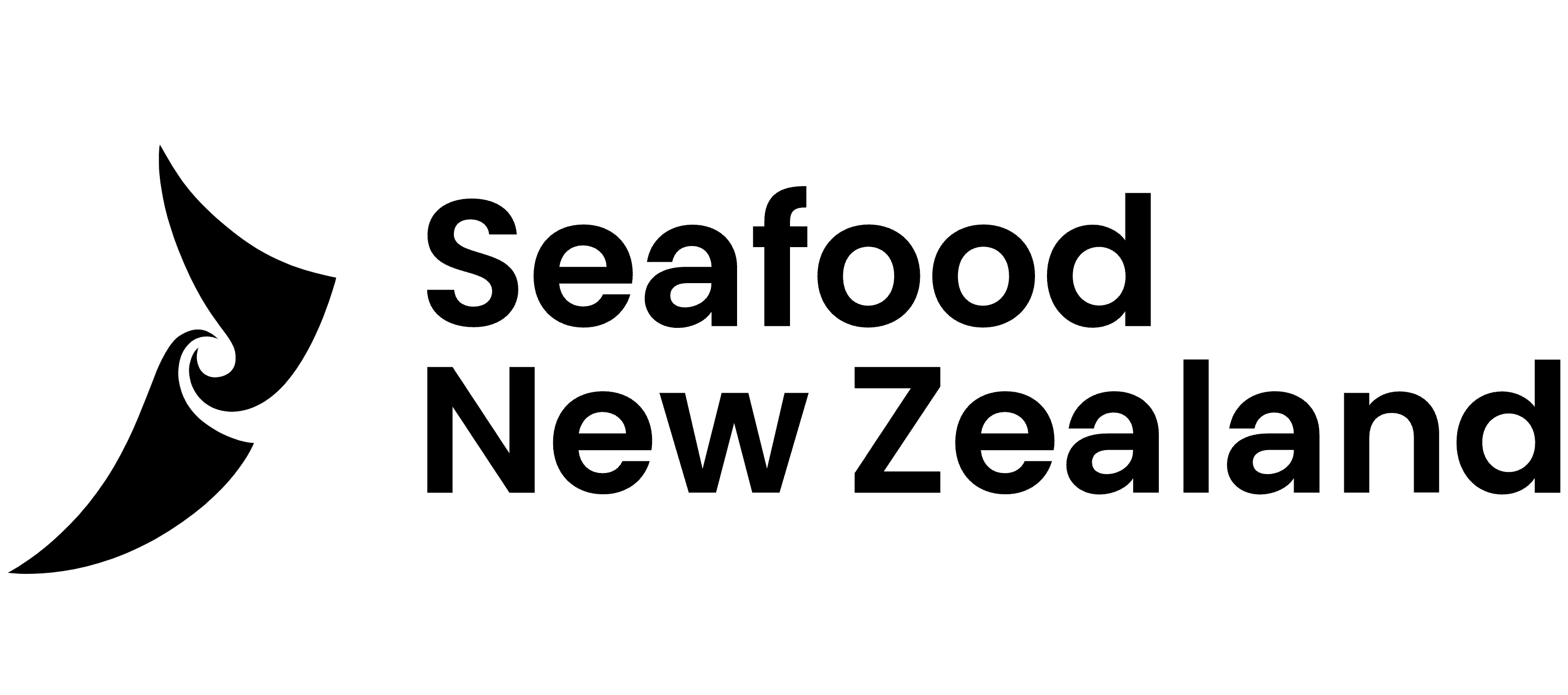Seafood New Zealand says government not doing enough to
save Maui’s dolphins
Seafood New Zealand says the
just announced Maui’s Dolphin Research Advisory Group will
not be able to help the endangered Maui’s population
recover, because its terms of reference are too
narrow.
Seafood New Zealand CEO, Tim Pankhurst, says the most proven threat to Maui’s dolphins - the disease toxoplasmosis - could not be considered by the Advisory Group.
“This is because the disease is not judged to be the result of ‘human activity’. Human activity is all the Group is allowed to look at,” he says.
A joint DOC/MPI discussion paper last year on Maui’s dolphins revealed that two of three post mortems on Maui’s diagnosed toxoplasmosis as the reason for their deaths.
“Despite this clear threat, there is no funding to find out how it is transmitted from land animals to the Maui’s and how this transmission might be prevented. This one disease has the potential to wipe them out entirely,” Tim Pankhurst says.
He says the alternative government strategy, aimed at fishing off Taranaki, will only harm the local fishing economy, and will not save any Maui’s dolphins.
“Taranaki fishermen, who have never seen a Maui’s dolphin in all their working lives, are now forced out of business to save a dolphin which the government is giving people an incentive to spot,” he says.
He says in contrast to the disease risk, the claimed danger posed by fishing is not backed up by the data.
“Despite claims of five such captures in the past 12 years, the DOC Incident Database shows the last time there was any evidence for a net killing, of what was known to be a Maui’s, was in early 2002. That was just before the first in a sequence of fishing restrictions were brought into their habitat in 2003. As well, there has never been a report of any trawl capture of a Maui’s since records began in 1921.”
“The evidence shows the threats are found elsewhere. The solutions should be science based – not regulation based. There should be a Population Recovery Plan,” Tim Pankhurst says.
He says there is overseas research into assisted reproduction for dolphin species, and in New Zealand, rare birds, such as kakapo, are helped with their reproduction.
“For some reason, there have been no funded research projects in the past ten years on Maui’s reproduction metabolism, disease transmission, or predation threat, and only one on pollution build-up.”
“In contrast, there have been no fewer than 66 theoretical or observer papers published on Hector’s and Maui’s distribution and behaviour, which might be satisfying academically, but doesn’t benefit the Maui’s sub-species in the slightest,” he says.
Tim Pankhurst also highlights the results of government observer efforts to find Maui’s in Taranaki waters as far south as Hawera over the past year. None were observed.
“There are no Maui’s dolphins there that any professional witness has seen. There have been government observers on fishing vessels, DOC aerial and boat surveys and seismic observers. None have seen a single Maui’s or a South Island Hector’s dolphin throughout thousands of hours in a whole year of looking. And it is costing our industry dearly to be indefinitely shut out of productive fishing grounds.”
DOC reports no Maui’s have been confirmed further south than Raglan – directly across from Hamilton – since 1989.
“The seafood industry backs genuine conservation measures. Maui’s need help where they do live, not ill-advised fishing restrictions where they don’t live,” Tim Pankhurst concluded.
ENDS



 Gordon Campbell: On What’s Wrong With The Treaty Principles Bill
Gordon Campbell: On What’s Wrong With The Treaty Principles Bill Te Pāti Māori: Government’s First Year A ‘Catastrophe For Māori’
Te Pāti Māori: Government’s First Year A ‘Catastrophe For Māori’ Department Of Internal Affairs: Samoan Citizenship Bill Passes Into Law
Department Of Internal Affairs: Samoan Citizenship Bill Passes Into Law NZ National Party: National Acknowledges The Passing Of Hon Nikki Kaye
NZ National Party: National Acknowledges The Passing Of Hon Nikki Kaye Mana Mokopuna: Children And Young People Share Vital Insights On Healing From Family Violence And Sexual Violence In New Report
Mana Mokopuna: Children And Young People Share Vital Insights On Healing From Family Violence And Sexual Violence In New Report NZ Government: PM Marks One Year In Government
NZ Government: PM Marks One Year In Government Helen Clark Foundation: Helen Clark Foundation Calls For Political Action To Reduce The Prevalence Of Junk Food And Improve Health Outcomes
Helen Clark Foundation: Helen Clark Foundation Calls For Political Action To Reduce The Prevalence Of Junk Food And Improve Health Outcomes


